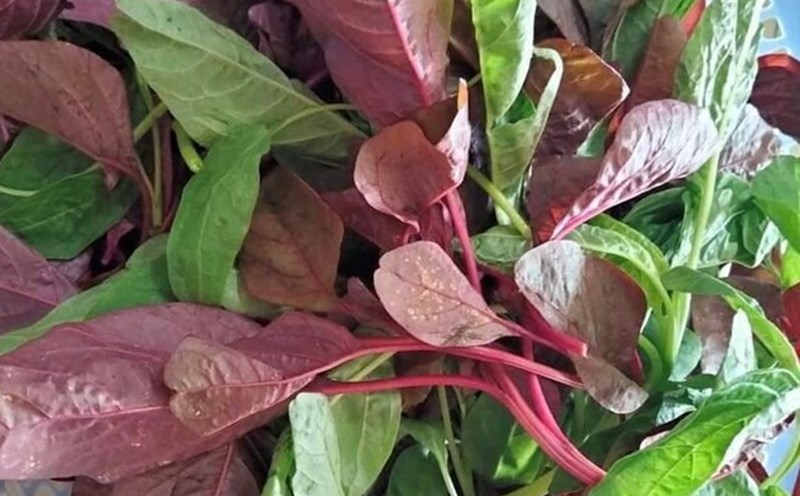Garlic is rich in organosulfur compounds such as allicin, diallyl disulfide, S-allylcysteine, and natural antioxidants such as flavonoids and selenium. These ingredients give garlic the following outstanding effects:
Anti-inflammatory, reduce liver damage: Allicin inhibits lipid oxidation, reducing the formation of free radicals that damage liver cells.
Improve fat metabolism: Helps reduce fat accumulation in the liver, a common cause of increased liver enzymes.
Lower liver enzymes and support detoxification: stimulate detoxification enzymes such as glutathione peroxidase, which promote liver cell regeneration.
Garlic significantly reduces inflammation index (CRP, TNF-alpha) and improves liver function in patients with fatty liver and obesity.
Adding spices rich in antioxidants such as garlic to your diet can be a safe solution to support safe liver enzym reduction, in addition to a healthy lifestyle.
How to use garlic to naturally lower liver enzymes:
Eat fresh garlic: Eating 1-2 cloves of fresh garlic per day after meals helps provide allicin at optimal levels.
Trim or crush the garlic, leave it for 10 minutes before eating to let the alliinase enzyme work, creating allicin.
Combined in dishes:
Gently saute garlic with olive oil as a spice for stir-fried vegetables, soup, congee.
Avoid frying garlic too much because high heat can lose the active ingredient.
Honey-soaked garlic:
Honey is rich in polyphenols, combined with garlic to create anti-inflammatory double effects.
Soak 200 g peeled garlic with 300 ml of pure honey for 7 days, take 1 teaspoon per morning.
Notes when using garlic for people with high liver enzymes:
Do not eat more than 5g of raw garlic/day (about 2-3 cloves) to avoid stomach irritation.
People who are taking anticoagulants or preparing for surgery should consult a doctor because garlic can increase the risk of bleeding.
Combine garlic with a diet rich in green vegetables, limit alcohol, animal fat for sustainable results.











